
OR
EDITORIAL

Syndicate and cartel
Nepal virtually looks like a country where syndicate system is legitimate. It thrives in almost every sector—in transportation and in procurement of vital goods like oil, foods and construction projects. It has become so entrenched in this decade that The Economist, London based weekly newspaper, ran a story about Nepal’s transportation syndicate in August, 2012. “Such is the power of the transport cartels and drivers’ unions,” the newspaper reported then Deputy Inspector-General Ganesh Rai as saying “that bus drivers receive lower fines than ordinary users of the common road” for violating traffic rules and “if their licences are confiscated by any officers, they are allowed to send their union rep to retrieve it” and “licenses themselves are never suspended.” “The transport cartels erect high barriers to entry” but “they enjoy the support of powerful politicians.” Nepal’s syndicate raj has come under global watch already and yet we seem to have done little or nothing to stop it.
The case in point is recent ganging up by 14 transport committees against Mayur Yatayat transportation service in Banepa. Fault of Mayur service? It has been providing better transportation service to people at reasonably cheaper price. These transport committees running strong syndicate along Araniko Highway stood against Mayur, have demanded cancelation of its Kathmandu-Banepa route permit, and threatened to bring transportation service to a halt in Kavre if their demands are not addressed. Even more egregious, we have found that this menace thrives in Nepal Red Cross Society, the humanitarian organization that runs from voluntary donations coming from generous souls across the world, as well. Informal syndicate exists within NRCS and its district-based affiliates in its membership distribution effectively restricting any new member from making to its executive body, one of the reasons corruption thrives in this humanitarian body which receives several billions of rupees each year. With this, NRCS is not only earning bad reputation at home but is also betraying trust of those who selflessly donate for noble cause. This is just too much.
Needless to say syndicate and cartel have crippled our economy and prevented others from providing better services. And since they enjoy protection from powerful politicians they have never cared to abide by government regulations. It is good that Department of Transport Management (DoTM) has sprung into action and warned of tough actions against those who resist government’s decision to break a transport syndicate. But often such warnings are defied by transport syndicates and cartels. We are yet to see whether DoTM and other government bodies will be able to ensure compliance. But it should not stop here and only with this case. The government needs to account NRCS as well for running ‘informal’ syndicate in such a sensitive organization. Syndicates of all hues were able to resist because we had weak and instable governments in the past. Today we have a strong government. It must deal with these actors ruthlessly and destroy all forms of syndicates and cartels in all sectors. If we cannot do it now, we might not be able to do so ever in the future.
You May Like This
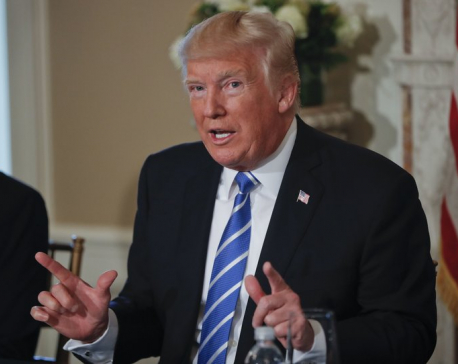
Trump: If North Korea attacks US, it ‘will regret it fast’
NEW JERSEY, August 12: President Donald Trump on Friday issued fresh threats of swift and forceful retaliation against nuclear North... Read More...

IT Training Nepal providing a firm career path for IT enthusiasts
KATHMANDU, Mar 1: IT Training Nepal is a professional computer institute providing job oriented courses to IT students in Nepal. It... Read More...

Drawing it as it is
I came up with the name Miss Moti because a friend used to call me Moti. I wanted to change... Read More...

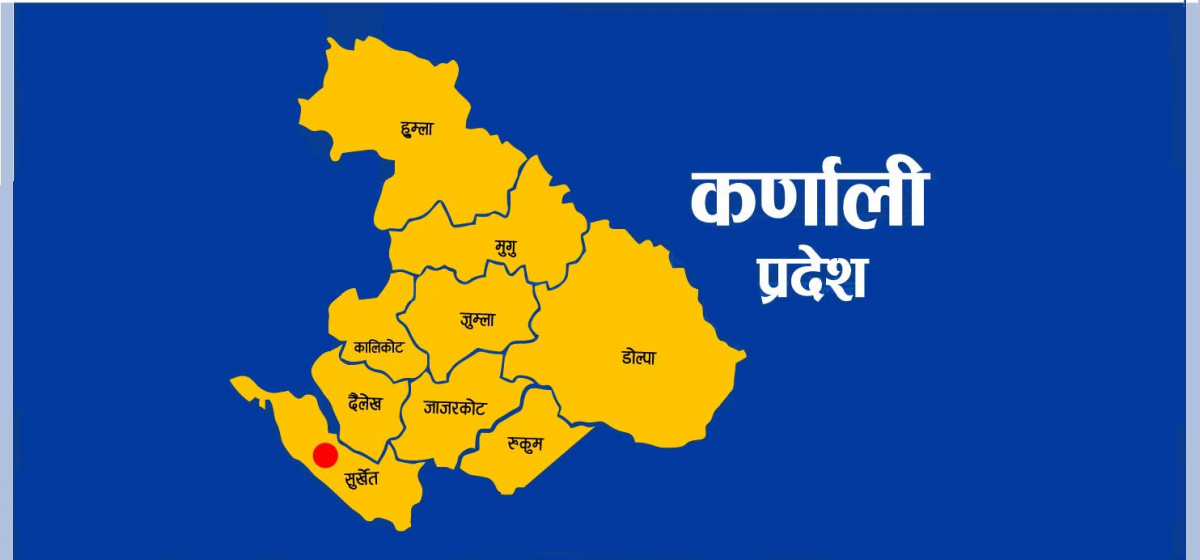
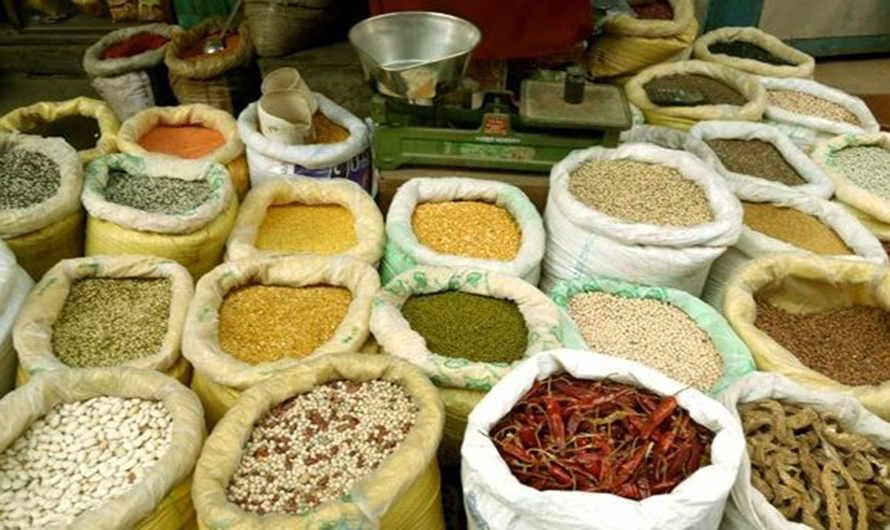
Just In
- Jhulaghat border crossing in Baitadi to remain closed from this evening
- Universities will be free from partisan interests: Education Minister
- CIAA files cases against five, including ex-chief of Social Development Office Dolpa
- Kathmandu witnesses surge of 2,000 new commercial bank branches in six years
- Crops and livestock special production zone scheme implemented in 10 districts of Karnali
- Rising food prices cause business slowdown
- Madhesh Province Assembly meeting postponed after Janamat’s obstruction
- Relatives of a patient who died at Karnali Provincial Hospital 6 days ago refuse body, demand action against doctor



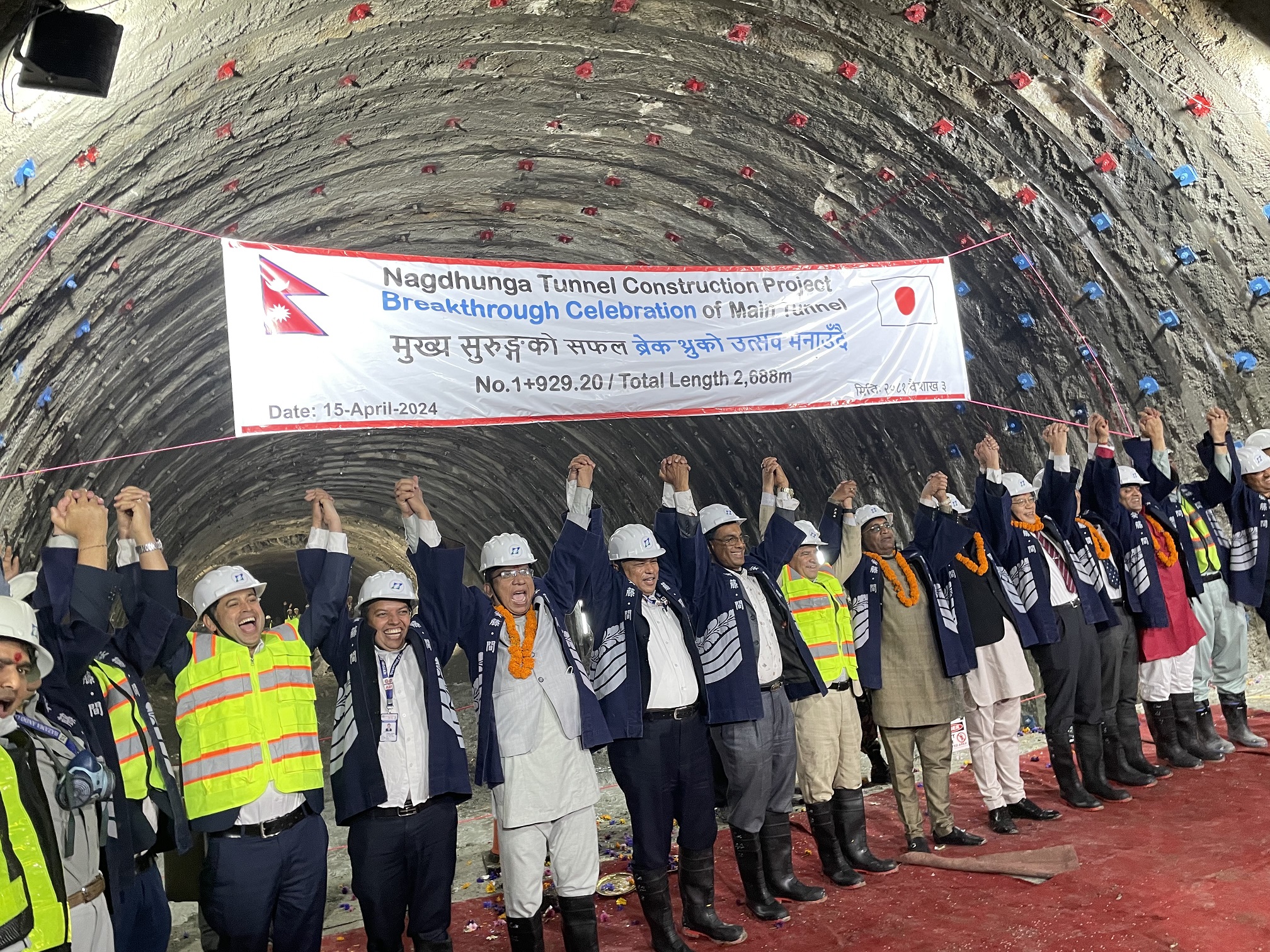



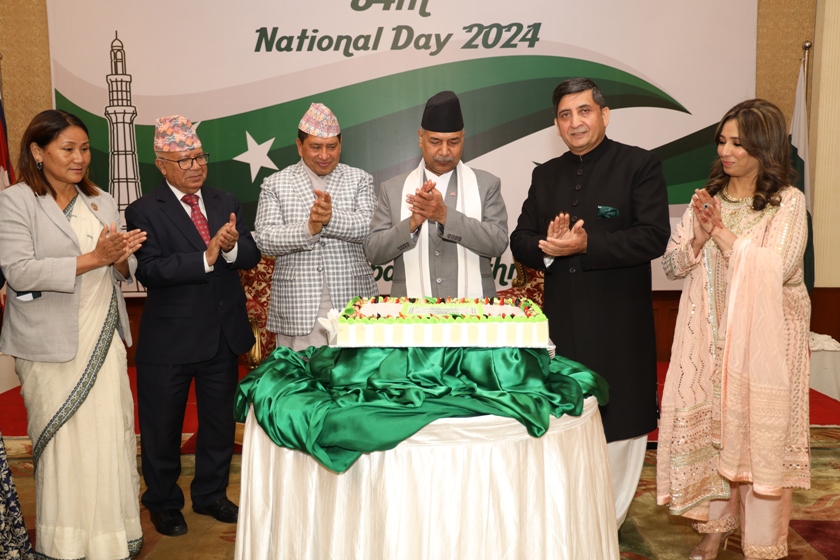


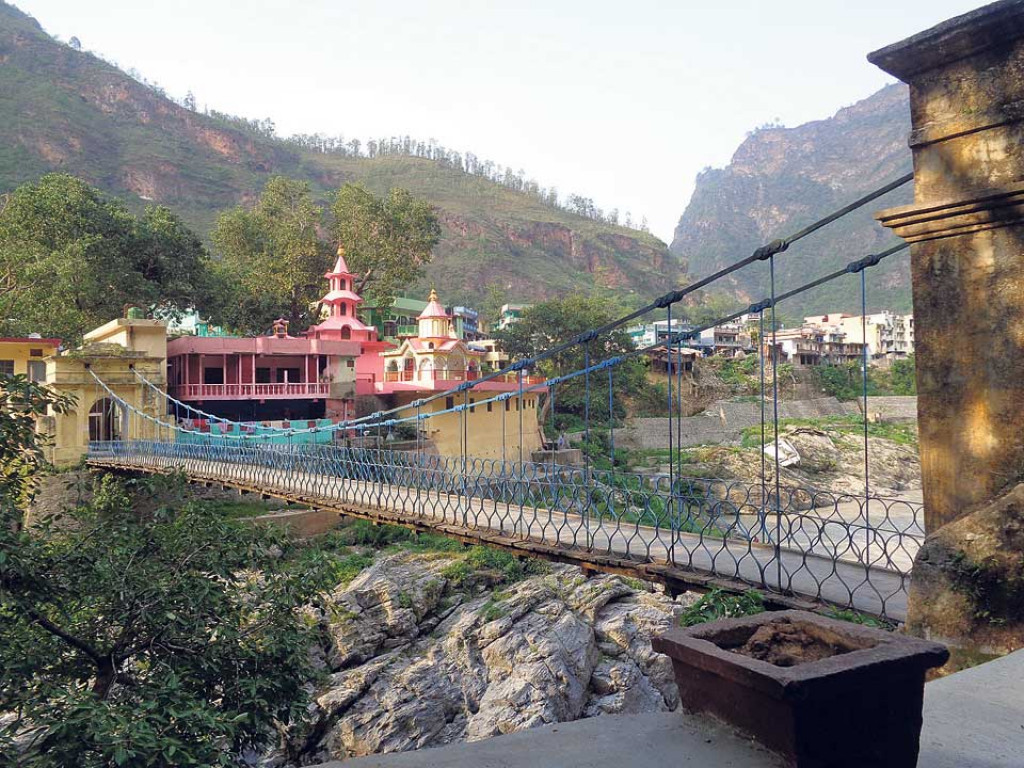

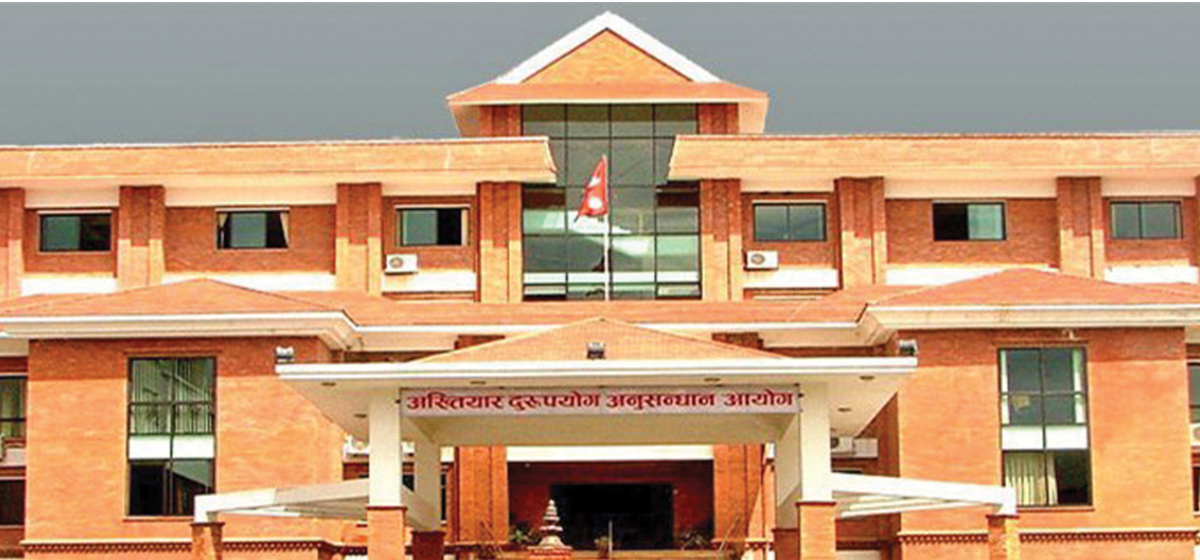

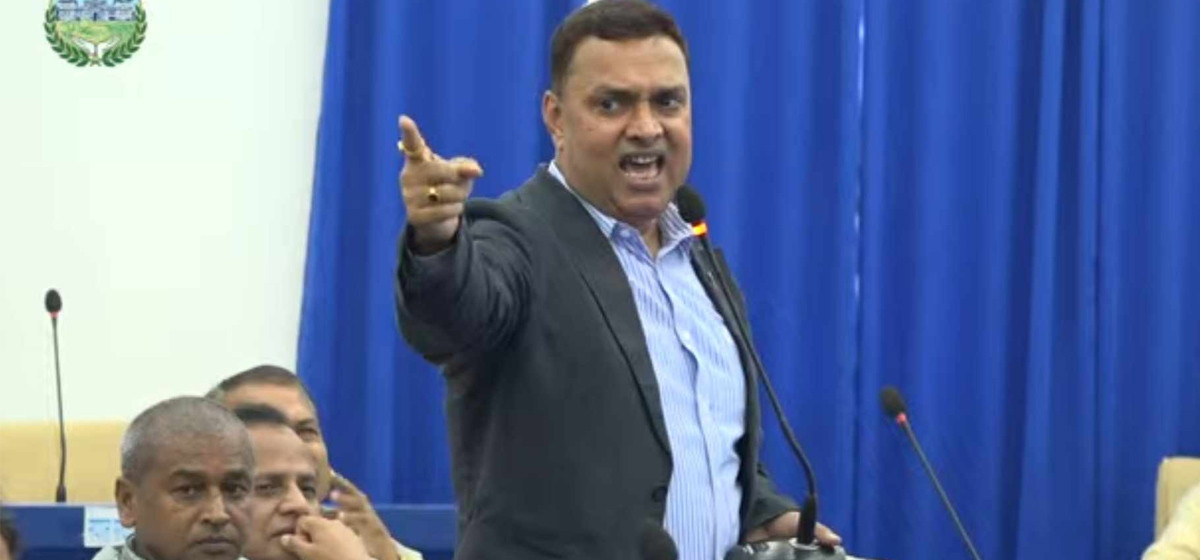
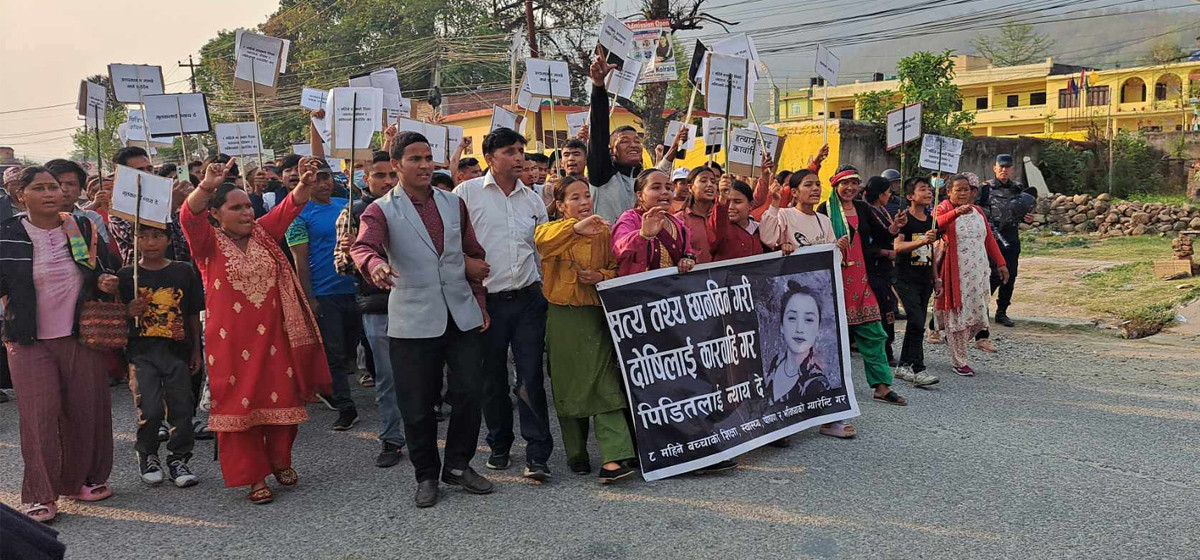
Leave A Comment